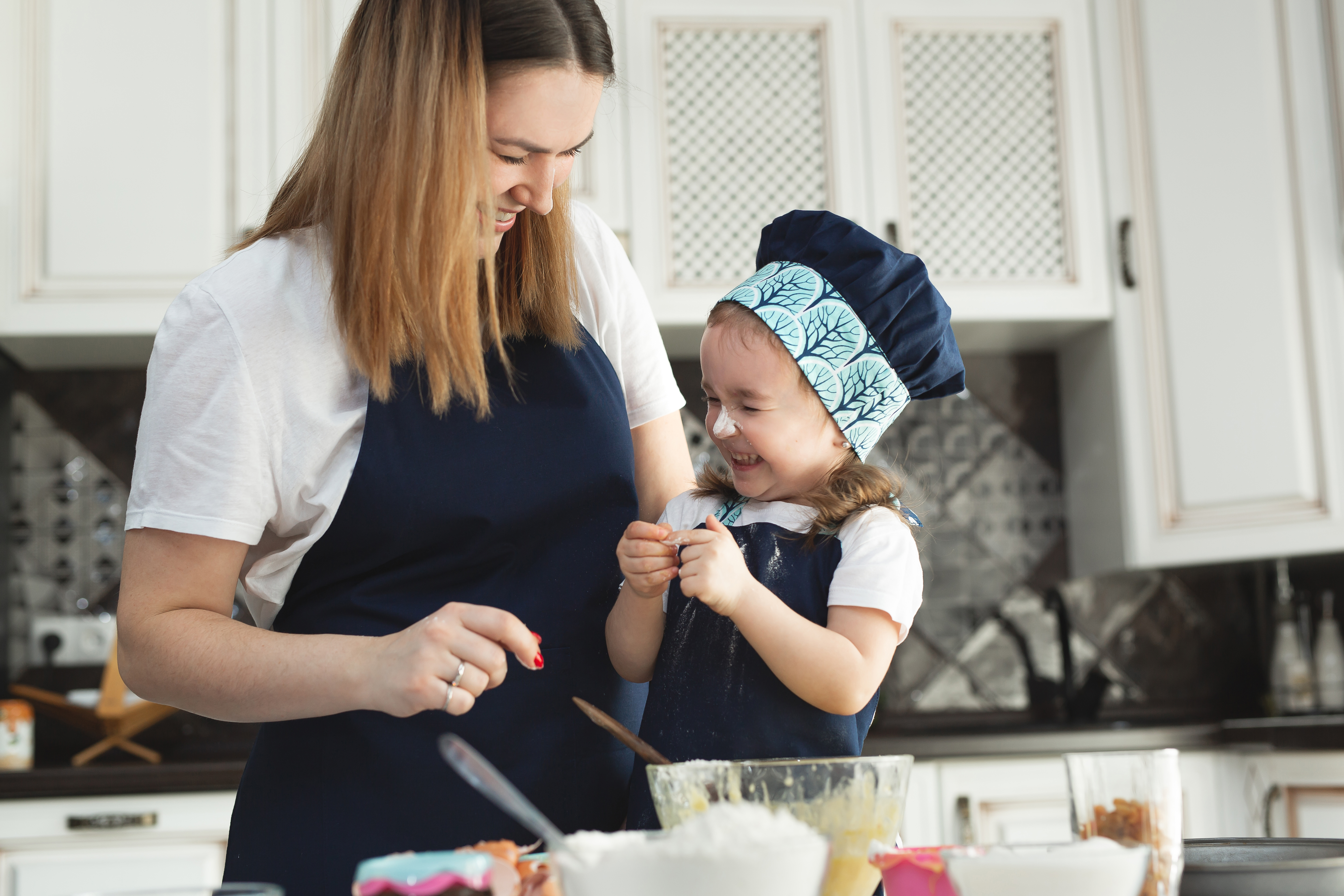Looking After Our Emotional Health & Well-being Throughout Winter with Dr Kerry Sweeney
06th, Dec 2022

Our mental health is just as important to look after as our physical health throughout the Winter so we spoke to Dr Kerry Sweeney, Consultant Clinical Psychologist on how the Winter weather can impact a child’s mood and emotional well-being and how we can support them.
Does the winter weather have a particular impact on a child’s mood and emotional well-being and what to look out for?
As the winter months set in, there can be an impact on emotional well-being for many. Although more typical in older teens and adults, some children can also experience lower mood and a reduced interest in activities. Noticing this early and supporting your child through this is important and some simple steps can help to improve emotional well-being in children throughout the winter.
We know that what really makes a difference for children and teenager’s emotional well-being lies within close caregiving parental relationships. Also, important connections in school and extracurricular activities have a key positive impact on children and teenagers' emotional health.
When thinking about emotional well-being and the impact of stress, a useful tool is the analogy of a ‘stress bucket’. Adversities we have experienced, from even before birth to the current day can be dumped in the bucket. Having a difficult day can result in the bucket spilling over if the bucket is full.
How can we be proactive to support our children with their emotional well-being this winter?
Focus first on children’s emotional regulation/well-being
Talking to your children and communicating as a family is so important but before that, you need to focus on how to regulate your child’s feelings through day-to-day regulatory activity.
Sensory regulation within home and school settings are core to a child’s emotional well-being. Children can concentrate better, form friendships and show more settled behaviour at home and school if they are emotionally regulated.
Simple day to day regulating activities to connect with your child
Enhancing emotional regulation throughout the Winter does not need to be difficult. The Autumn and Winter can bring lots of opportunities to get out and explore nature. Getting outdoors with your child to explore, play and reconnect can reduce anxiety and improve emotional well-being and social interaction. Here are some simple ideas. Go to the park or forest with your child and encourage all activities to climb, crawl, pull up and swing. Crunching through leaves and climbing trees can be emotionally regulating as well as fun!
Encourage your child to do fun physical tasks throughout the day such as lifting shopping and heavy books for example. Build a den inside or in the garden and see what sensory toys/cushions/lights your child enjoys. Simply encouraging your child to engage in various activities throughout the Winter to help with regulation; swimming, cycling, trampoline, running, dancing, music and yoga can make a big difference. Getting into the garden to dig, sweep leaves and plant can be such fun and helps children feel more emotionally regulated. Baking and cooking can also be so much fun and can really help with regulation and connection.
Family Focus
Ensuring you plan plenty of family time is important. Those meals around the kitchen table allow for connection, which is particularly important during times of stress or lower mood. Planning the days to be as consistent as possible; routines and consistency help us all feel better regulated. Consistent routines around nurture such as bath-time, warm towels, rubbing on lotion, cuddling or reading books are essential for younger children. This will help with all aspects of their development and well-being. Older children could be encouraged to enjoy pampering and movie nights by the fire; perhaps a comedy to have a good laugh!
Taking care of you is vital!
It is so important parents take care of themselves emotionally as this the foundation for responsive parenting. Think carefully about how you take care of yourself. If you particularly struggle emotionally over the winter, talk about this, stay active and access support if this is what you require.
How can I support my child if they are struggling this winter?
It is important to give space to think and reflect about emotions and experiences. A parenting attitude of PACE (DDP-Dan Hughes) - Playfulness, Acceptance, Curiosity and Empathy can be so helpful in supporting these conversations. Try to help your child figure out how to make sense of what they are experiencing and how it impacts them using acceptance, curiosity and empathy. Playfulness allows relationships to flourish, it can also help a child feel special and feel able to engage better.
Most children and teenagers are very well nurtured and supported by their families, teachers and friends. However, even despite this, some children can continue to struggle with their emotions, which can impact on how they behave, socialise, manage school and day to day life. There may be a need to access professional support; sometimes a parent support session might suffice. At other times children/teenagers would benefit from psychological support. However, parents should remain part of this support as supporting and empowering parents to care for their children is important.
Get in touch!
If you have any concerns or worries regarding your child’s mental health and well-being and would like to book an appointment with Dr Sweeney for a little extra support, please text BOOKNOW to 66777 or visit kingsbridgeprivatehospital.com for further information.
Dr Kerry Sweeney BSc (Hons), DClinPsy, CPsychol
Consultant Clinical Psychologist (BPS Chartered and HCPC Registered)
Certified DDP Practitioner
Recent Articles

